Getting Married In Colorado
Planning to tie the knot in Colorado? Congratulations! One of the best things about getting married here is the flexibility. In Colorado, you can obtain your marriage license from any county, regardless of where your ceremony will take place. This convenience can simplify your planning—especially if you’re traveling to your wedding destination.
Don't forget to check our list of contact information for County Clerk & Recorder office throughout the state and our list of preferred venues for more ideas for your wedding.
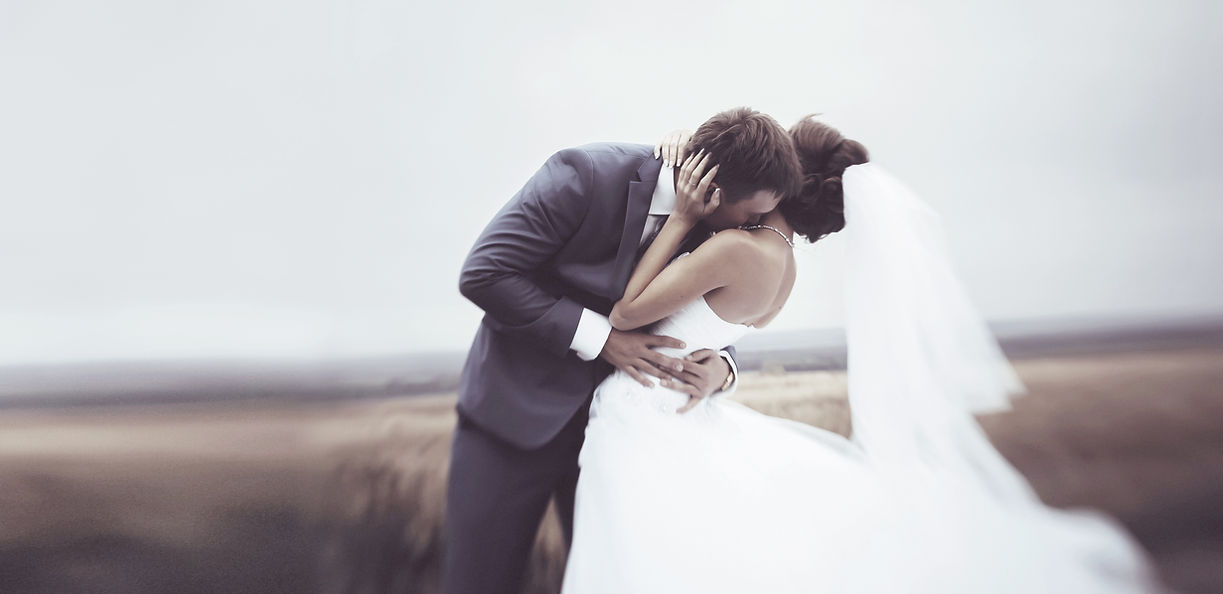
Choose the most convenient county
If you’re flying into Denver International Airport and heading to Estes Park, for example, it might be easier to stop at a county clerk’s office along your route rather than waiting until you reach your destination.



Try to avoid high-demand counties
Popular wedding destinations like Summit County often have limited appointment availability. Instead, consider a less busy office, such as Clear Creek County in Georgetown. Just be mindful of lunchtime closures, as smaller offices may have limited staffing.
Find a list of Colorado County Clerk & Recorder offices here.

What you need to know about county clerk offices
What You Need to Know About County Clerk Offices
Each Colorado county sets its own procedures. Before you go, be sure to check:
-
Appointments vs. Walk-ins: Some counties require appointments, while others welcome walk-ins.
-
Hours of Operation: Office hours and open days vary, so double-check before you go.
-
Documentation: Bring valid identification and any documents required by your chosen county.
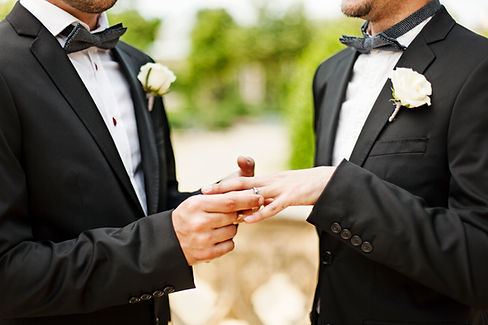
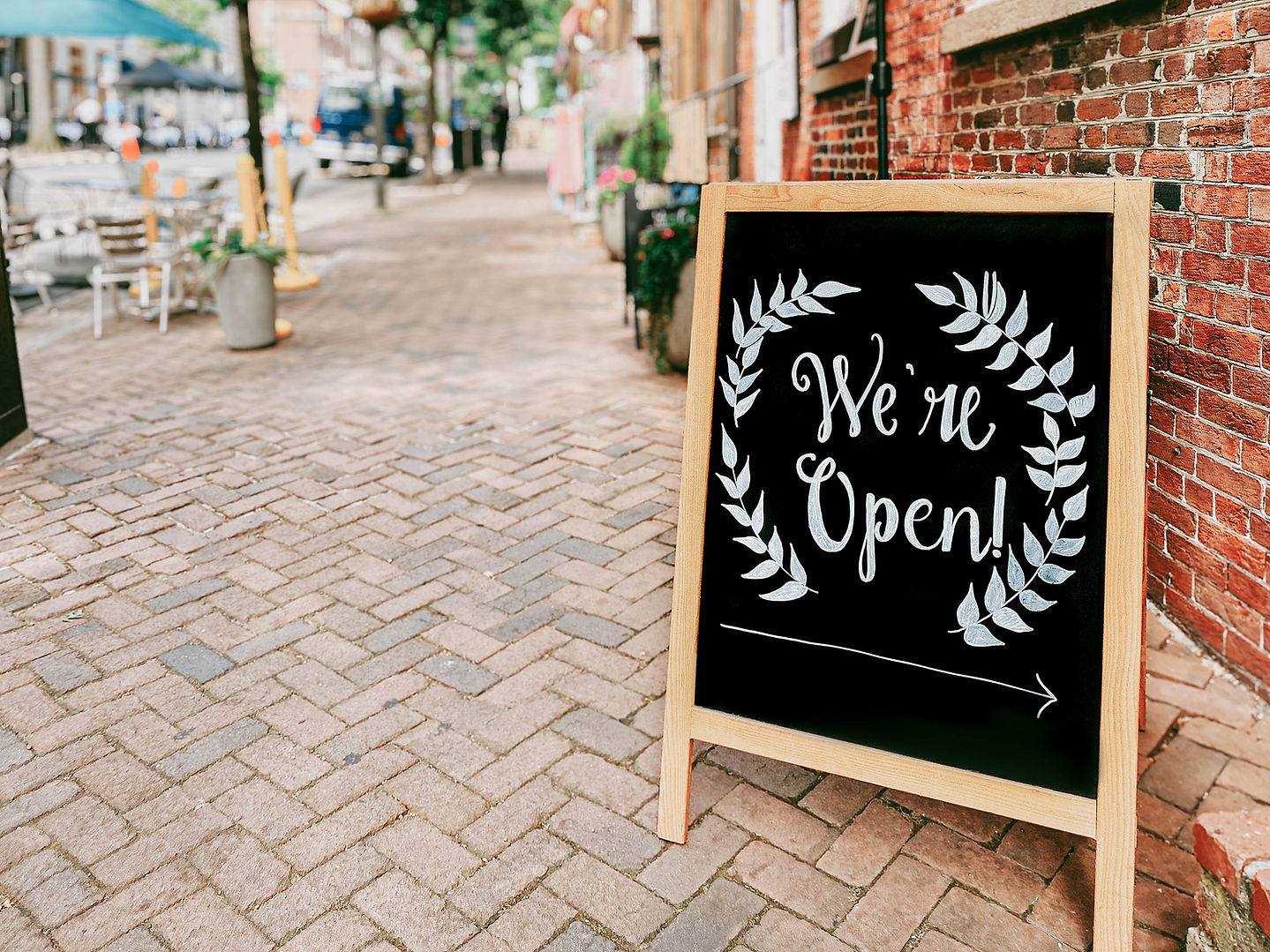

Three steps to getting married in Colorado
STEP ONE: GET THE MARRIAGE LICENSE
Visit any Colorado county clerk and recorder’s office. Both parties must appear in person (or follow the county’s remote procedure, if available), provide identification, and complete the application, which includes:
-
Full name, sex, address, last four digits of Social Security number, and date/place of birth
-
Prior marriages or civil unions (with date, location, and dissolution/death info)
-
Names and addresses of parents or guardians
-
Confirmation of relationship status (e.g., not closely related)
STEP TWO: SOLEMNIZE THE WEDDING
Colorado allows a variety of people to solemnize marriages, including:
-
Judges, magistrates, or public officials with authorization
-
Ordained or recognized religious officials
-
Members of Indian tribes or nations
-
The couple themselves (self-solemnization is legal in Colorado—no officiant required!)
STEP THREE: FILE THE MARRIAGE CERTIFICATE
After the ceremony, the marriage certificate form must be completed and returned by the couple to the same county clerk’s office that issued the license—even if the ceremony took place in a different county.
Important: The marriage does not become legal until the completed certificate is filed with the state.
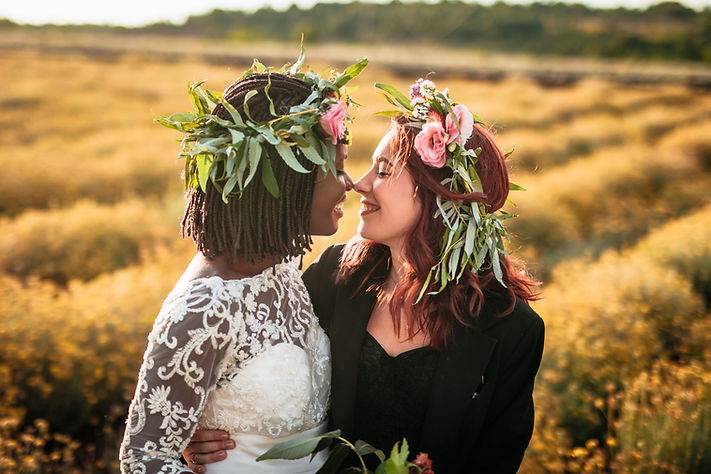
License validity periods
In Colorado, a marriage license must be used (i.e., the ceremony must occur) within 35 days of the license issuance. This rule applies statewide regardless of where you plan to marry
-
If not used within that timeframe, the license becomes invalid and cannot be used.
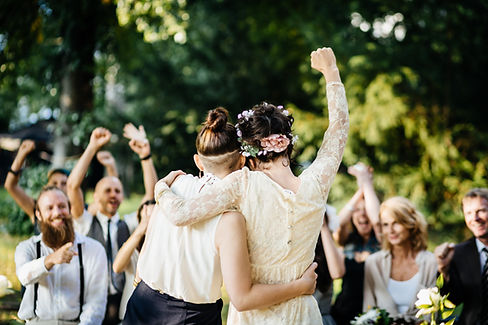

Filing the marriage certificate
-
After the ceremony, the completed marriage certificate (which is part of the license form) must be returned to the county clerk where the license was issued within 63 days of the ceremony (solemnization)
-
Failure to file within 63 days typically incurs a late filing fee.